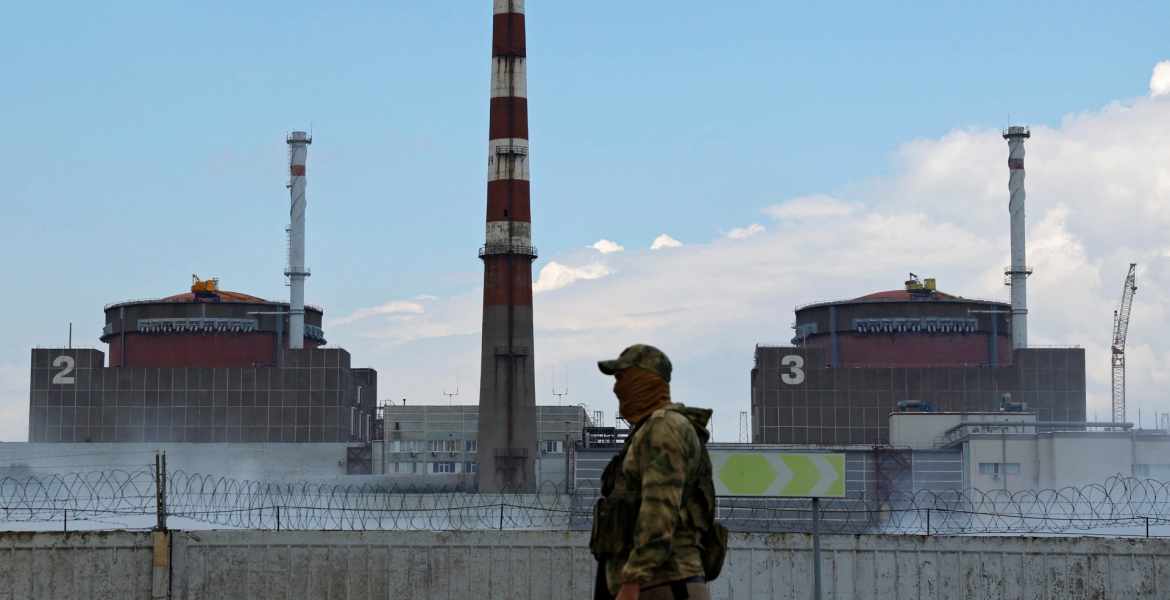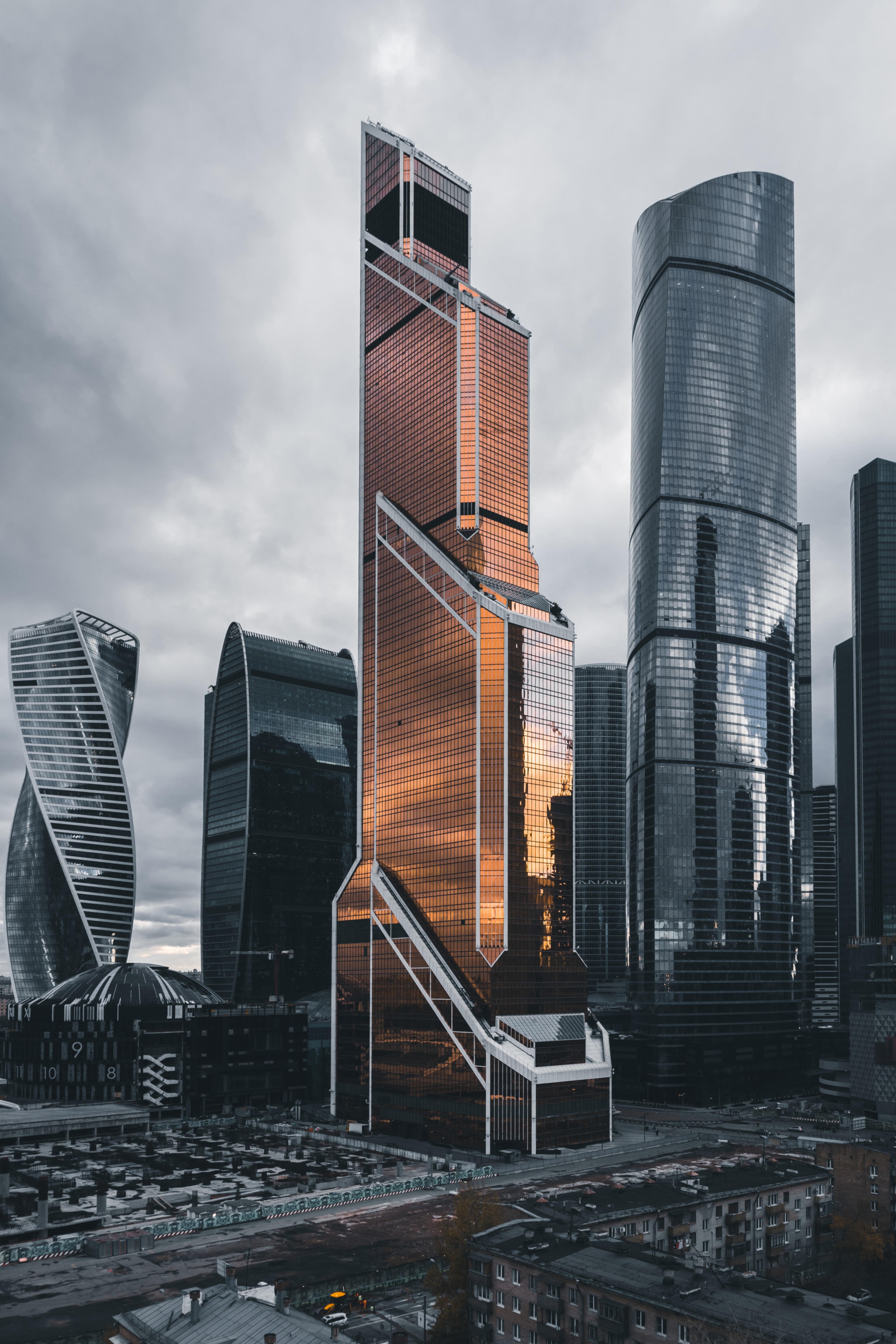Nuclear specialists have always been proud of belonging to the industry, feeling a certain superiority over representatives of other generations. They have in their hands not only the safe operation of the most complex equipment, but also the responsibility for the lives of people, without exaggeration, of the entire world. Without belittling the merits of the thermal power or the “greens”, nevertheless working at nuclear power plants entails more responsibility than at other power plants.
The development of nuclear power in Ukraine began in 1970 with the construction of the first unit of the Chernobyl NPP, which was put into operation in 1977. Then the Rivne (1980), South Ukraine (1982), Zaporizhzhia (1984) and Khmelnitsky (1987) were commissioned.
A significant part of the people who stood at the origins of the Ukrainian nuclear industry were graduates of Bauman Moscow State Technical University, Moscow Institute of Physics and Technology, Moscow Power Engineering Institute, Tomsk Polytechnic Institute, Obninsk Institute of Nuclear Power Engineering and other former Soviet universities.
After graduation or due to circumstances, they moved to Ukraine and started families. But they never lost touch with their former classmates. With some of them, they worked together, went on business trips, exchanged experience, and spent vacations together.
The small satellite towns of NPP were not very different from each other. In Russia, in Ukraine, in Lithuania. Everywhere the graduate went, he felt at home, felt support from numerous acquaintances. They built new units together, raised children, worked for the peaceful atom.
The number of people born in Russia or educated there, who moved to live and work at nuclear power plants in Ukraine in the 70-80s is huge. But each of these professionals did not necessarily associate the country whose nuclear industry he worked for as his homeland.
After the Chernobyl accident many specialists were forced to move to work at other nuclear power plants, including Ukrainian ones. Some of them moved to Kyiv, where in the 1990s they began building careers in the Atomenergoprom Concern, which a year later reformatted into the UKrainian State Committee on Nuclear Power Utilization, which formed the basis of NNEGC Energoatom in 1996.
The next generation of Ukrainian nuclear workers, including grown-up children of their “nuclear” parents, were educated at Kyiv and Odessa polytechnic universities, the Sevastopol Institute of Nuclear Power Engineering and Industry, and other Ukrainian high schools. There was no more job assignment as in the Soviet Union, so they either worked at Ukrainian nuclear power plants or were hired by nuclear industry institutions and organizations. But these people mostly regarded Ukraine as their homeland.
Nuclear power is a rather closed industry. International conferences, seminars, and visits are held on a regular basis to exchange experience. They provide opportunities for specialists to discuss working issues and for the first generation of nuclear specialists to reminisce about old times – their university education, first jobs, and so on.
As there are twin towns, so there were twin nuclear power plants. But the closer the cooperation between Ukrainian and Russian nuclear power plants and their head offices – Energoatom and Rosenergoatom – developed, the more unequal this friendship became. For example, if according to the agreements some reports had to be provided to each other, the Ukrainian side was turned inside out for information, but the Russian team would routinely file purely formal replies. If a visit to a nuclear power plant was organized, the Russians were allowed to visit Ukrainian facilities more often than Ukrainian specialists to Russian enterprises.
As part of the WANO membership and the affiliation of both countries’ nuclear power plants with the Moscow centre of this association, partner inspections, technical support missions, seminars, and other events were regularly held at the plants. The Russians knew everything that was going on at Ukrainian nuclear power plants and had access to documentation and equipment.
In 2014, close cooperation ceased and Ukraine had the chance to leave the Russian orbit and go its own way. Overcoming resistance from industry veterans and others, the Ukrainian nuclear industry slowly but surely took steps toward independence from its “big brother”. Second-generation atomic scientists, for whom Ukraine meant much more than for their predecessors, were being appointed to leadership positions.
Just as in 2014 the Ukrainian military in Crimea did not expect a stab in the back from their friends, cousins and relatives with Russian chevrons, so in 2022 the Ukrainian nuclear workers did not expect similar sneaky actions from their Russian colleagues.
Since March 2022, under the cover of Russian occupation troops, Russian executives – employees of Rosatom and Russian nuclear power plants – came to Zaporizhzhia NPP. Many of them are former classmates, former nuclear colleagues of the Ukrainian specialists.
Knowing what kind of threat the peaceful atom could pose to the world in case of violations of all norms and rules of safe operation, the Russians have deployed military equipment at ZNPP and placed mines on the territory of the power plant. They shell nearby towns directly from the plant, using it as a shield. To incriminate the Ukrainian Armed Forces, they hit objects at the plant itself, including near the dry storage facility with nuclear waste.
At this point, the Russians have turned the largest nuclear power plant in Europe into a weapon, by threatening which the Kremlin tries to induce Ukraine and the West to accept Russian conditions.
Under the guise of friendship, the terrorist state has long and patiently hatched plans to use the Ukrainian nuclear power plant to threaten and blackmail the entire world. And as sad as it is to realise this fact, Russian nuclear workers are completely on the side of aggression.
It should be abundantly clear to the civilized world that Moscow is no guarantor of the safe use of peaceful nuclear energy and it should be strategic policy to exclude Rosatom and its enterprises from world markets. Friendship with Moscow is dangerous.




